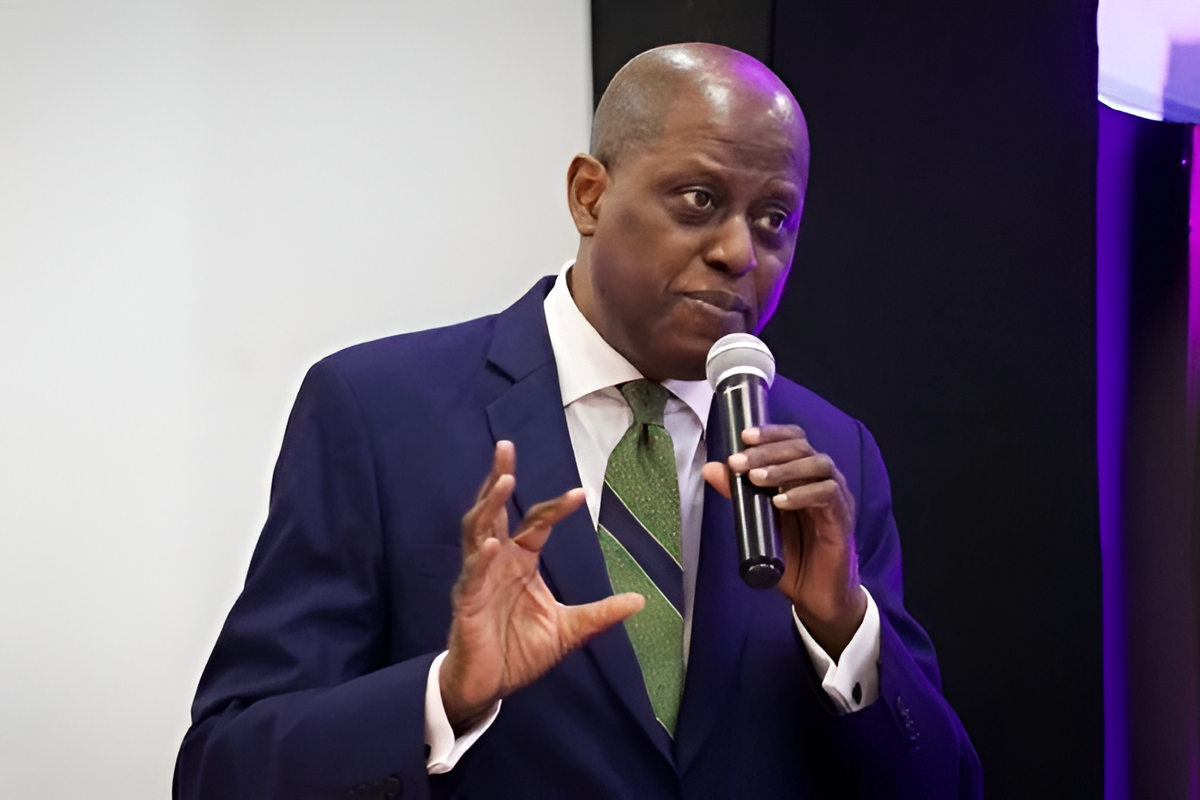Quick Read: Nigeria’s consumer credit outstanding jumped 26.29% to N4.42 trillion in November 2024, reflecting increased reliance on loans due to inflation. Personal loans grew significantly, making up nearly 75% of total credit. CBN’s interest rate hikes aim to stabilize the economy, but concerns over rising debt levels persist. Analysts urge a balance between credit expansion and financial stability.
Nigeria’s consumer credit outstanding surged by 26.29% in November 2024, reaching N4.42 trillion, up from N3.5 trillion in October 2024.
According to the latest Monthly Economic Report from the Central Bank of Nigeria (CBN), the increase is largely attributed to inflation expectations, prompting more Nigerians to rely on credit to manage rising living costs.
Personal Loans Lead the Increase
The CBN report highlighted that personal loans saw the most significant growth, rising by 37.76% to N3.32 trillion from N2.41 trillion in October 2024. These loans, primarily used for household expenses, accounted for 74.95% of the total consumer credit.
Retail loans, which are used for purchasing goods and services, increased modestly by 1.83%, reaching N1.11 trillion from N1.09 trillion in the previous month. This category accounted for the remaining 25.05% of total consumer credit.
Inflationary Pressures Drive Credit Demand
Analysts believe the sharp rise in consumer credit reflects ongoing inflationary pressures, which have weakened household purchasing power. With inflation reaching multi-year highs, many Nigerians are increasingly turning to personal loans to cover essential expenses such as rent, food, healthcare, and education.
Retail loan growth, however, remains slower than personal loan expansion. This trend suggests that while consumer spending continues, high prices may be discouraging discretionary purchases of non-essential goods and services.
CBN’s Response and Economic Outlook
The rise in consumer credit aligns with the CBN’s efforts to improve financial inclusion and expand credit accessibility. However, concerns persist regarding the sustainability of rising debt levels, especially as interest rates remain high.
Under Governor Olayemi Cardoso, the CBN has implemented multiple interest rate hikes in 2024 to combat inflation. The Monetary Policy Rate (MPR) has been raised by 875 basis points, moving from 18.75% at the beginning of the year to 27.50% by November.
This aggressive monetary tightening aims to stabilize the economy by reducing excess liquidity. While Governor Cardoso acknowledges the strain high interest rates place on households and businesses, he insists that these measures are necessary to control inflation.


















